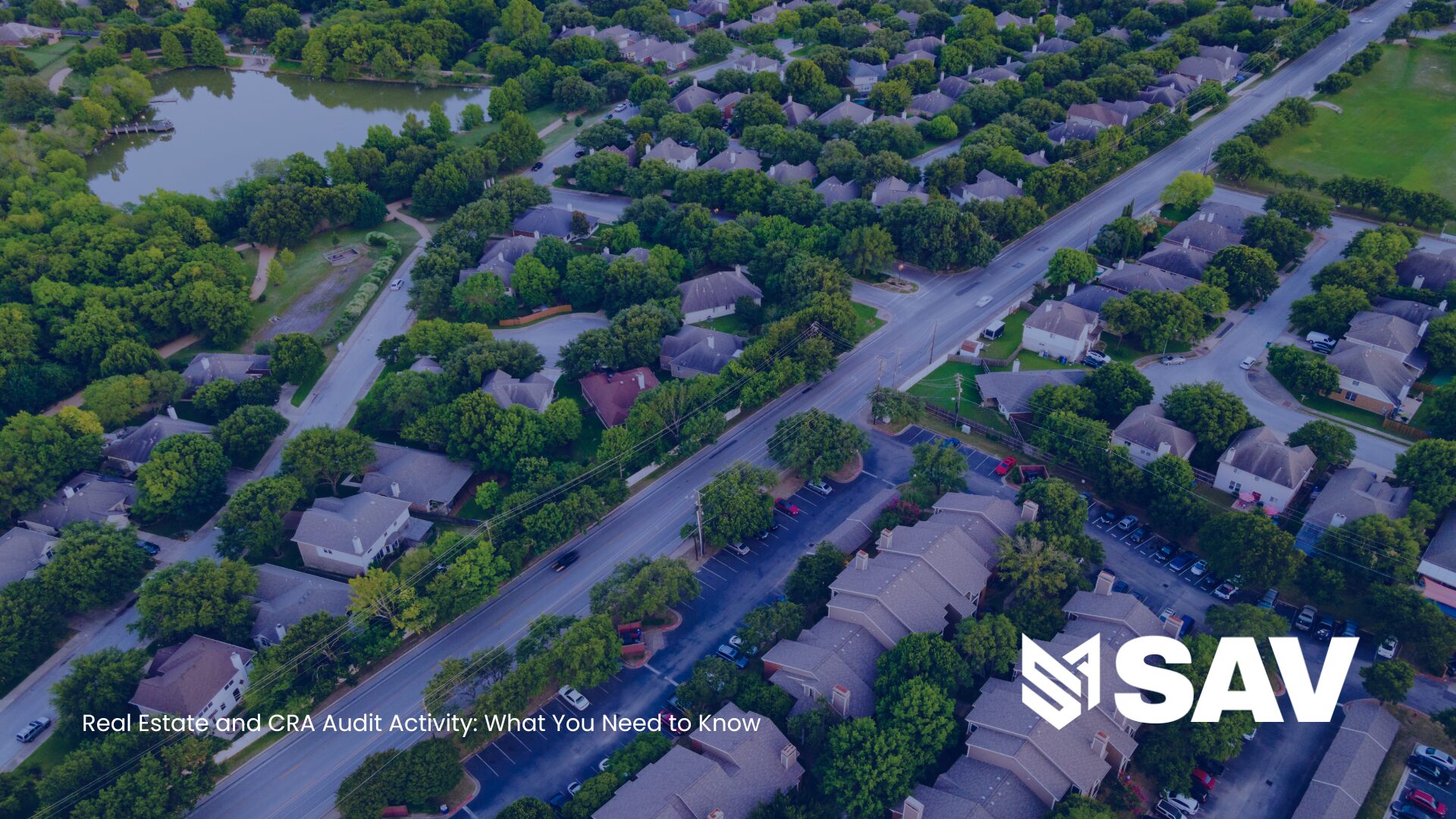Real Estate and CRA Audit Activity: What You Need to Know

The Canadian real estate market has always been a significant driver of the economy, but it has also become a focal point for the Canada Revenue Agency (CRA). With increasing scrutiny and targeted audits, understanding the areas where the CRA is concentrating its efforts is crucial for anyone involved in real estate transactions. Whether you are a homeowner, an investor, or a real estate professional, staying compliant with CRA regulations is more important than ever.
The CRA’s Focus Areas in Real Estate
In 2024, the CRA identified ten key areas in the real estate sector that pose a significant risk of non-compliance. These areas highlight common issues where individuals and businesses might unknowingly or intentionally misreport information, leading to potential audits and penalties. Here’s what you need to know:
- Unreported Capital Gains: One of the most common issues is failing to report capital gains on the sale of a property. Whether it’s a secondary home, rental property, or investment property, any profit made from the sale is subject to capital gains tax. The CRA has been particularly vigilant in identifying instances where these gains are not reported, especially in a market where property values have seen significant appreciation.
- Principal Residence Exemption Misuse: While the principal residence exemption allows homeowners to avoid paying capital gains tax on the sale of their primary residence, some individuals attempt to misuse this exemption. For example, if someone claims the exemption on multiple properties or incorrectly reports a rental property as a principal residence, it could trigger an audit.
- Property Flipping: The CRA has intensified its focus on property flipping, where individuals purchase properties with the intent to sell them for a profit within a short period. Such activities are considered business income, not capital gains, and should be reported as such. Failure to do so could lead to significant penalties.
- Unreported Income from Rental Properties: If you own rental properties, all rental income must be reported to the CRA. This includes income from traditional long-term rentals as well as short-term rentals through platforms like Airbnb. The CRA is actively monitoring these activities to ensure all income is properly reported.
- GST/HST Non-Compliance: Transactions involving new or substantially renovated residential properties may be subject to GST/HST. The CRA has increased its audit activity in this area, particularly focusing on individuals who fail to remit the appropriate taxes on property sales or who incorrectly claim input tax credits.
How to Protect Yourself from a CRA Audit
Given the CRA’s heightened focus on real estate, it’s crucial to ensure that all your real estate transactions are accurately reported and compliant with tax laws. Here are some steps you can take to protect yourself from a potential audit:
- Maintain Accurate Records: Keep detailed records of all real estate transactions, including purchase agreements, sales contracts, and receipts for any renovations or improvements. This documentation is essential in the event of an audit.
- Report All Income: Ensure that all income related to real estate, whether from rental properties, property sales, or other activities, is reported correctly on your tax return. This includes income from short-term rental platforms.
- Understand the Rules: Familiarize yourself with the tax rules related to real estate, including the principal residence exemption, capital gains tax, and GST/HST obligations. If you’re unsure about any aspect of your tax obligations, consider consulting a tax professional.
- Avoid Aggressive Tax Planning: While tax planning is an important part of managing your finances, aggressive strategies that push the boundaries of what is legally permissible can attract CRA scrutiny. It’s better to take a conservative approach and avoid strategies that could be seen as tax avoidance.
- Stay Informed: The CRA’s focus areas and enforcement priorities can change over time. Stay informed about the latest developments in real estate tax compliance by following updates from reliable sources, such as SAV Advisory’s “Tax Tips & Traps” newsletter.
Conclusion
The CRA’s increased audit activity in the real estate sector is a clear signal that compliance is more important than ever. By understanding the CRA’s focus areas and taking proactive steps to ensure your real estate transactions are compliant, you can reduce the risk of an audit and avoid potential penalties. Whether you’re involved in property flipping, rental properties, or simply selling your home, accurate reporting and adherence to tax laws are essential to navigating the complexities of the Canadian real estate market.
Follow us for the latest updates
SAV Associates is on your Side
By partnering with SAV Associates, you gain access to a team of experts dedicated to ensuring your business’s financial health and compliance, allowing you to focus on achieving your business objectives.




